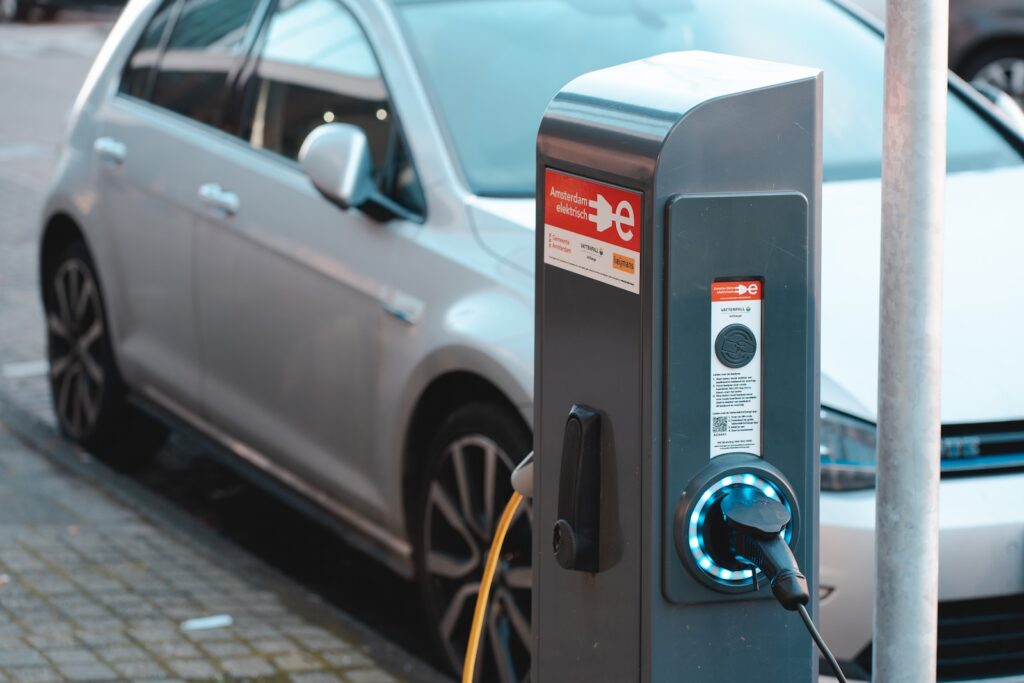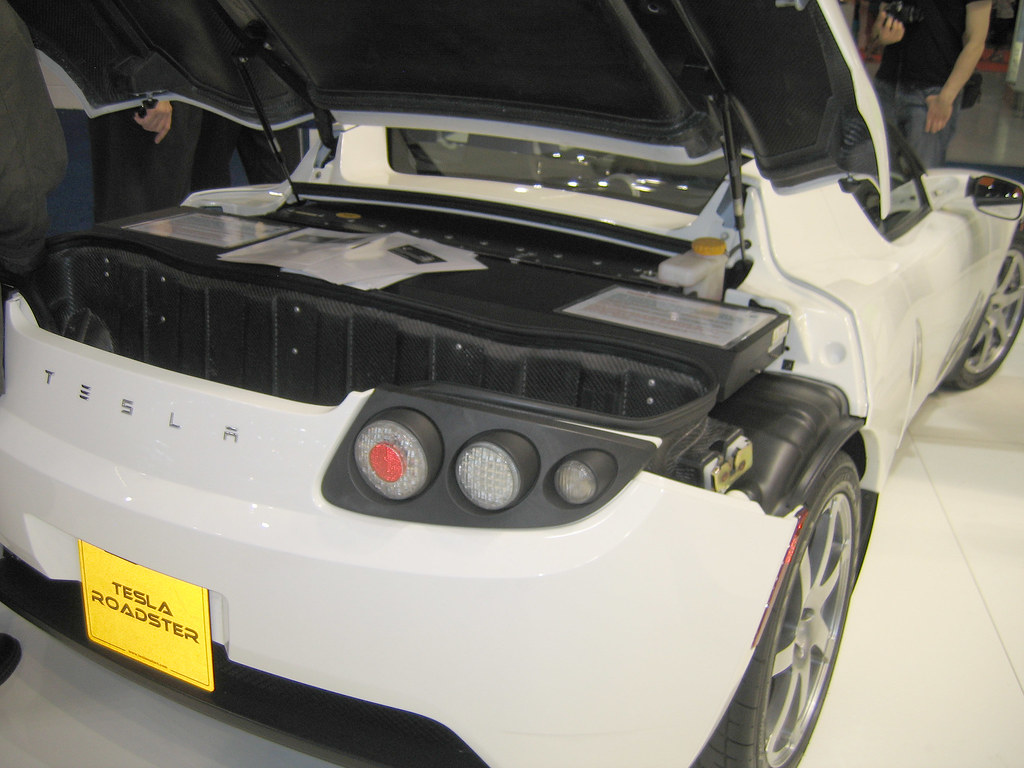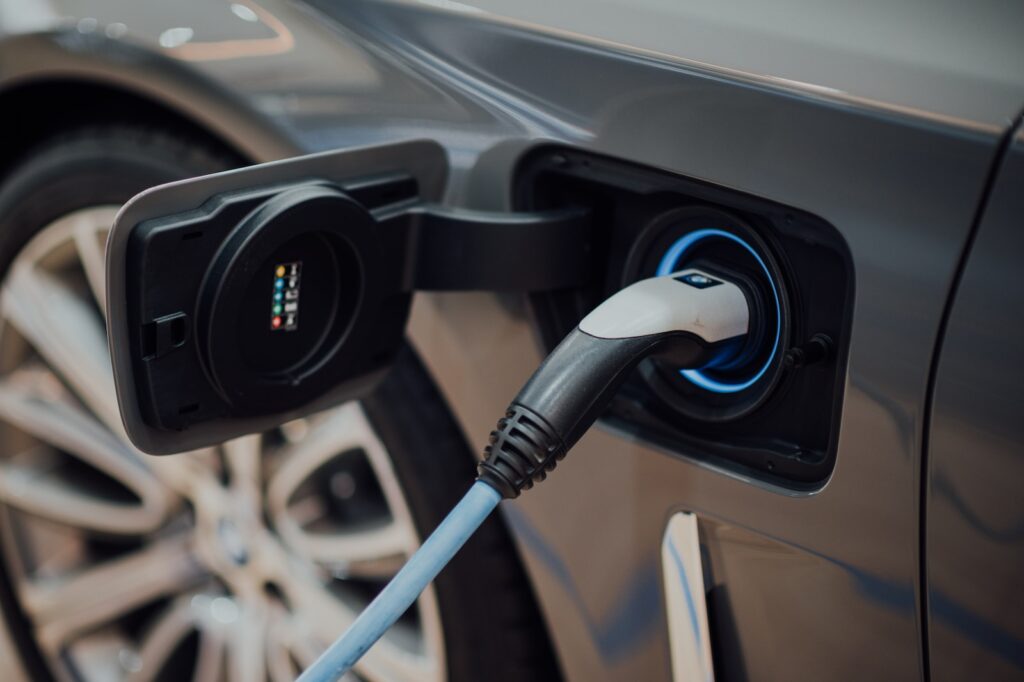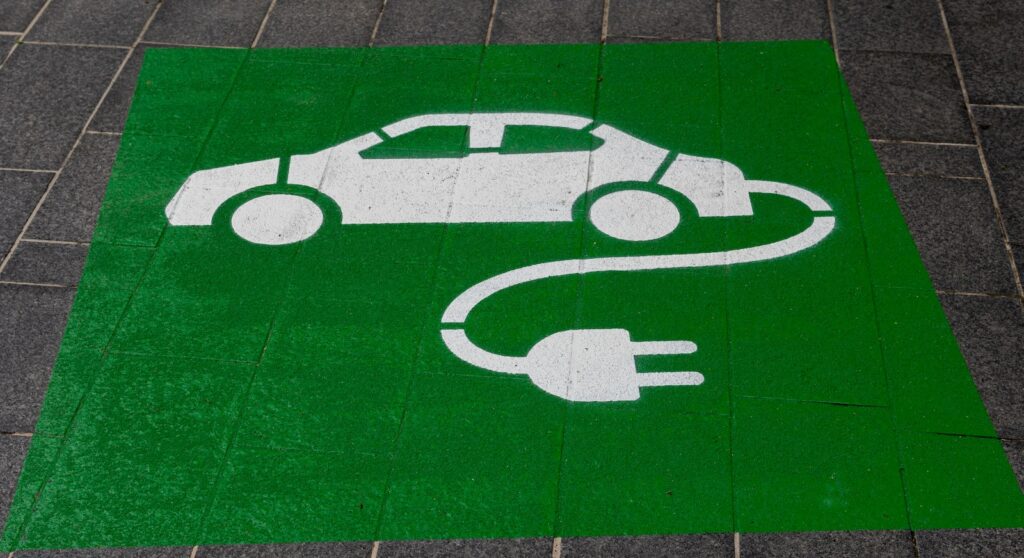Let’s discuss electric cars advantages and disadvantages. In recent years, electric cars have drawn a lot of attention as a potential replacement for conventional gasoline-powered vehicles. Electric vehicles are becoming more common on the roads as a result of technological improvements and growing environmental sustainability concerns. However, just like any new technology, electric cars have their own set of benefits and drawbacks. In this essay, we’ll examine the advantages and disadvantages of electric cars and shed some light on how they affect the environment and the auto industry. We can decide on the future of transportation in an informed manner if we comprehend both sides of the issue.
Table of Contents
Advantages
Disadvantages
Electric Cars Advantages
Environmental Sustainability
Electric cars produce minimal tailpipe emissions, significantly reducing air pollution and greenhouse gas emissions. By relying on electricity as their energy source rather than gasoline, they actively combat climate change and contribute to improved air quality in urban areas. Consequently, electric cars offer a highly sustainable transportation option.

Lower Operating Costs
The cost of operating an electric automobile is less than that of a conventional gasoline-powered car. Since electricity is typically less expensive than gasoline, fuel costs are reduced significantly. Electric vehicles also require less maintenance since they have fewer moving components, which lowers the cost of maintenance and repairs over time.
Energy Efficiency
Compared to vehicles powered by internal combustion engines, electric automobiles are more energy-efficient. They get more miles per unit of energy spent because they put more of the battery’s electrical energy into motion. Electric vehicles are appropriate for a variety of commuting needs because of their efficiency, which enables them to cover greater distances on a single charge.
Noise Reduction
Contrary to their gasoline-powered predecessors, electric automobiles are quieter to drive. Since they lack internal combustion engines, there is no audible engine or exhaust noise. It contributes to a calmer and more peaceful environment while also improving driving comfort and reducing noise pollution in metropolitan areas.
Incentives and Tax Benefits
Last but not least, a lot of local and state governments provide tax breaks and incentives to encourage the use of electric vehicles. These inducements may take the form of tax credits, rebates, or exemptions from particular charges or taxes. By taking advantage of these discounts, buyers will be able to buy electric cars at lower initial costs, increasing their affordability.
Electric Cars Disadvantages
Limited Range
Compared to gasoline-powered vehicles, electric cars typically have a shorter range. Although technological developments have extended the driving range of electric vehicles over time, they still tend to have a shorter range before requiring recharging. Drivers may experience range anxiety due to this restriction, particularly on lengthy journeys or in locations with sparse charging facilities.
Typically with electric vehicles, lengthy journeys require more planning when compared to gasoline-powered vehicles since it’s necessary to understand where to stop based on the car’s battery capacity. Although, most electric cars already provide tools that will make this task easy for you by telling you exactly where and when you should stop for a recharge.
Upfront Costs
Compared to their gasoline-powered equivalents, electric automobiles frequently have greater upfront costs. The expense of electric vehicle technology, such as batteries and electric drivetrains, may result in a higher initial purchase price. Despite potential long-term fuel and maintenance cost reductions, some buyers may be put off by the greater initial cost.
Small Charging Infrastructure

For owners of electric cars, finding and using charging facilities can be a major difficulty. The infrastructure for charging is still being developed, and in certain places, it might be insufficient or spread unevenly. Finding convenient charging stations can be difficult for owners of electric vehicles as a result, particularly during road trips.
Longer Charging Time
Charging an electric car takes considerably longer than refueling a gasoline vehicle. While refueling a conventional car can be done within minutes, charging an electric car can take several hours, depending on the charging method and the battery’s capacity. This longer charging time can inconvenience drivers who are accustomed to quick refueling or who have limited access to charging facilities.
Although it still takes longer to charge than refueling gasoline-powered cars, there has been a considerable improvement in charging times for electric vehicles over the last few years. Tesla’s Supercharger is now able to charge 200 miles in about 15 minutes. A little bit longer than refueling your old car but still much better than waiting for 5 hours at a gas station in the middle of nowhere.
High Battery Replacement costs
Batteries for electric cars can last for a variety of years, but as time passes, their ability to store a charge declines. Reduced driving range and more frequent charging are common issues faced by electric car owners. Due to that, a battery replacement may be necessary and it does not come for cheap as batteries are the biggest and one of the most expensive components of an electric vehicle. Some owners reported that the total cost of their car’s battery replacement was as high as half of the vehicle’s initial cost, significantly raising the total cost of ownership for an electric vehicle.

Conclusion
In the end, there are a variety of benefits and drawbacks associated with electric vehicles. They are a desirable alternative for regular automobile travel since they have a minimal impact on the environment, cheap running costs, and high energy efficiency. Widespread acceptance is still hampered by range restrictions, poor charging infrastructure, and prolonged charging periods. We can decide how electric cars will affect the future of transportation by being aware of and assessing these benefits and drawbacks.
Frequently Asked Questions
Are electric cars selling well?
Sales of electric vehicles surpassed 10 million in 2022, their marketplaces are expanding exponentially. From 4% in 2020 to 14% in 2022, the proportion of electric vehicles in overall sales has more than tripled in just three years. Sales of EVs are anticipated to remain robust through 2023.
Are electric cars in demand right now?
Electric vehicle sales are expected to continue strongly through 2023. Over 2.3 million electric cars were sold in the first quarter, about 25% more than in the same period last year.
How do I claim $7500 EV tax credit?
You must submit IRS Form 8936 along with your tax return in order to be eligible for the tax credit, which is also known as the Qualified Plug-In Electric Drive Motor Vehicle Credit. Read more about it here.








